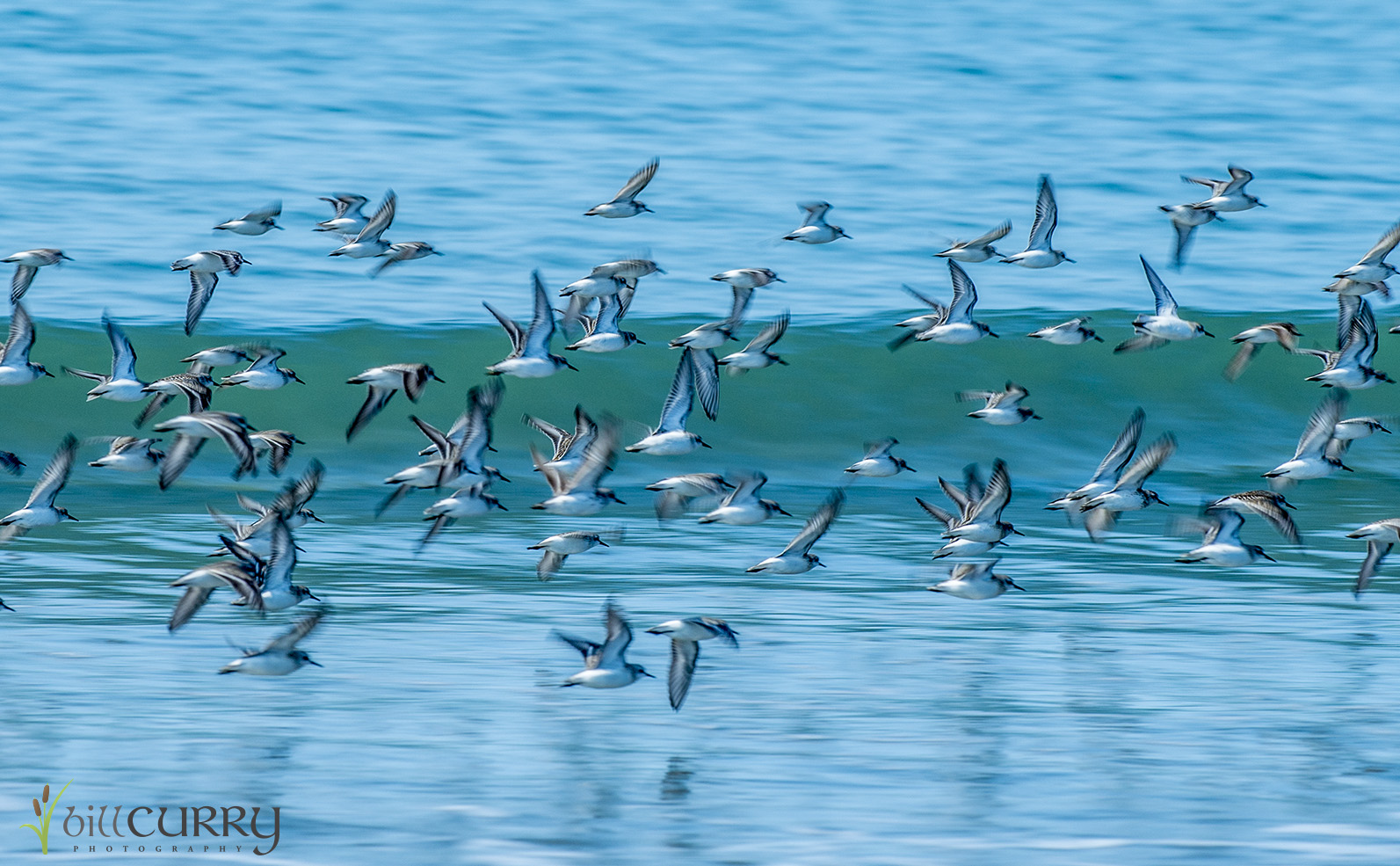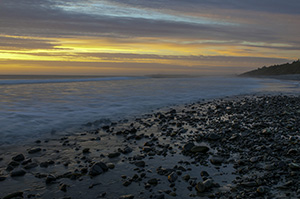
Shorebirds in Migration
Migration
Here we are nearing the end of August and it is obviously migration time!
Here in Port Maitland, we have human summer residents, and many are now on their way back home. In our own family, it’s been a busy summer, but now Norma and I are now more on our own as permanent residents of the Province, as most of the rest of my immediate family goes back to the US. Many other folks, friends of ours included, come for a month or more, and then also head back south about now, and so the village here goes from 800 or so folks down to the 500 who call this place a permanent home.
Of course, humans aren’t the only ones migrating. This week we visited Grand Pre in Kings County at the upper end of the Bay of Fundy, and we saw the migration beginning for the millions of shorebirds, that stop in the Minas Basin to re-fuel on their way from the Arctic to Central and South America – a migration that takes them some 10,000 km! Estimates are that about 75% of the world’s semipalmated sandpipers take the route that comes to the Basin, and so up to 2 million birds descend on the tidal flats to feast on the corophium that is their preferred food. Over twenty of Canada’s 47 shorebird species make this voyage and end up here, and so Evangeline Beach in Grand Pre has been dedicated as an Important Bird Area.
Other migrants can be seen here as well – Monarch butterflies were seen last week nearby Port Maitland. These fragile looking creatures have a shorter migration than the shorebirds, but they still travel from here in Nova Scotia to as far south as Mexico.
The Canada Geese have arrived here in our ponds and will soon continue their trek south, as will many other species of waterfowl. The hawks and many warblers will join the procession a bit later in the fall.
The late summer turns to early fall during late August and September, and if one is aware and keeps your eyes open, there is evidence everywhere of the annual migration. Photo opportunities abound, and I look forward to the annual event. Although I do wish some of the human migrants would hang around a bit longer – we miss them when they are gone!


































